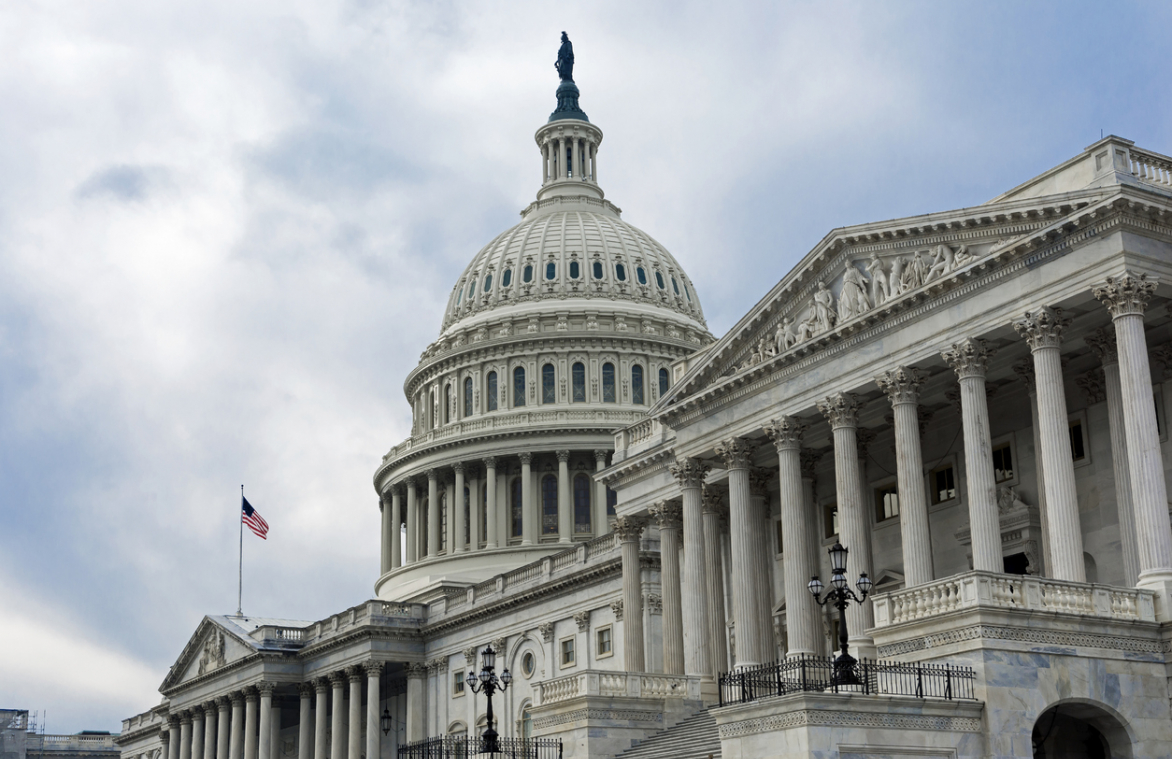A bipartisan group of lawmakers is trying again to pass a federal “shield law” that mirrors numerous state laws protecting journalists from having to disclose identities of confidential sources.
The “PRESS Act” (Protect Reporters from Exploitative State Spying) measure was announced last week by Sens. Ron Wyden, D-Ore., Mike Lee, R-Utah, and Richard J. Durbin, D-Ill. Reps. Jamie Raskin, D-Md., and Kevin Kiley, R-Calif., introduced a House companion to the measure, which failed to reach President Biden’s desk in 2022.
According to Roll Call and other news outlets, supporters introduced the 2022 legislation as a reaction in part to the Department of Justice under former President Trump seizing records from multiple journalists.
The administration of President Obama also seized journalist phone records.
“Spying on reporters to learn the identity of their sources is a finger in the eye of the First Amendment,” Wyden said in a statement. “Unnecessary surveillance of journalists makes it harder to bring waste, fraud and abuse to light, by scaring off sources and reporters who are essential to a well-functioning democracy.”
Sen. Tom Cotton, R-Ark., was the primary roadblock to the 2022 measure. According to Roll Call, the bill unanimously passed the House, but Cotton blocked a unanimous consent vote in the Senate, which then failed to roll the bill into an end-of-year spending bill.
Cotton reportedly said he also would oppose this latest effort on the grounds that it opens the door for leaks that could damage national security and law enforcement work. The bill has earned praise from multiple news-media organizations including the Freedom of the Press Foundation and the News Media Alliance.
The bill also creates a process for journalists to respond to demands for records and would protect reporters from subpoenas. It would block federal law enforcement from using third-party tech companies to access information about sources. The bill allows for exceptional conditions, basically the need to get information related to investigations of imminent threats of violence or terrorism, that must be met before authorities can force journalists to reveal sources or related records.
As the law currently stands, the feds can secretly obtain a reporter’s records directly from third parties such as phone companies and email providers.
“Forty-nine states and the District of Columbia have shield laws or equivalents recognized by courts,” the Freedom of the Press Foundation said in a statement. “But without a federal shield law, journalists still risk being jailed or punished for refusing to reveal sources or their newsgathering material in federal courts.”
Efforts to pass a federal shield statute have been ongoing since 2005.
Related
Shield Laws | The First Amendment Encyclopedia (mtsu.edu)
Opinion: Congress has reintroduced the PRESS Act. Now lawmakers must pass it. (freedom.press)
The Free Speech Center newsletter offers a digest of First Amendment and news media-related news every other week. Subscribe for free here: https://bit.ly/3kG9uiJ

